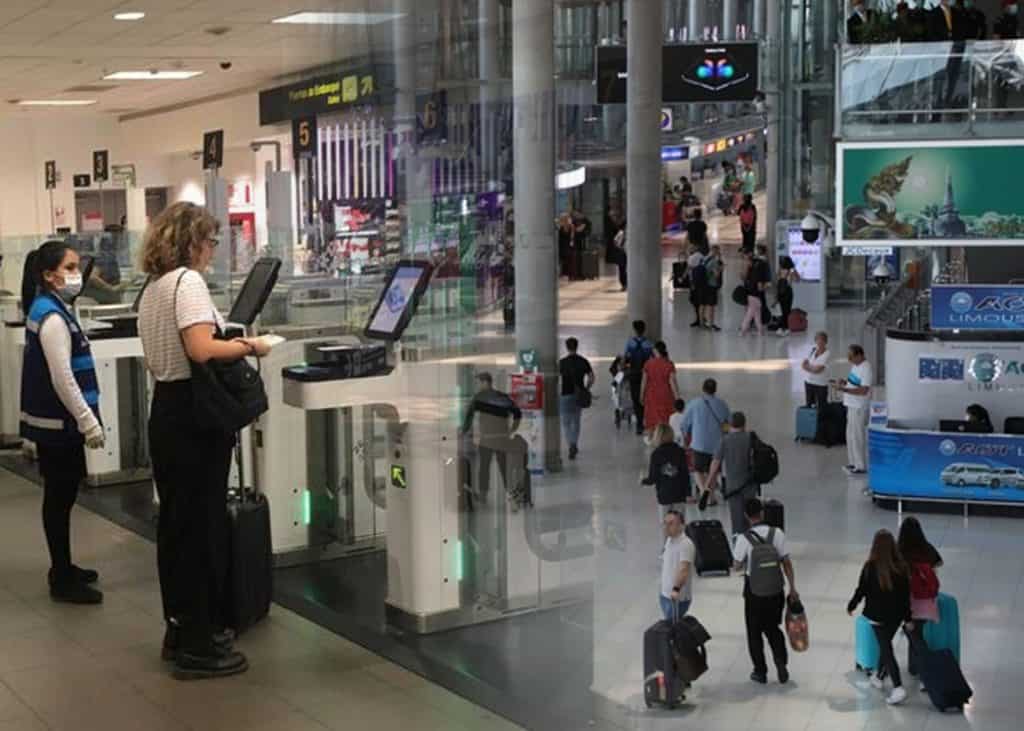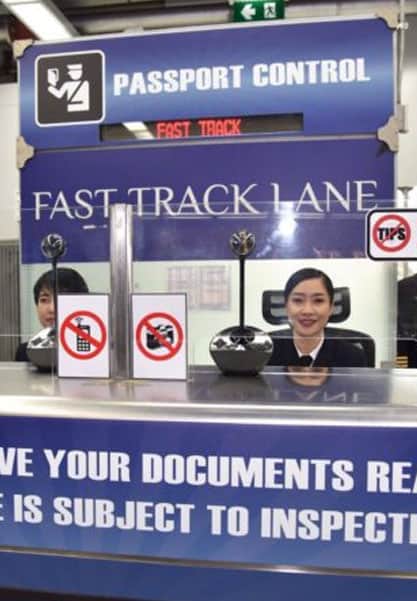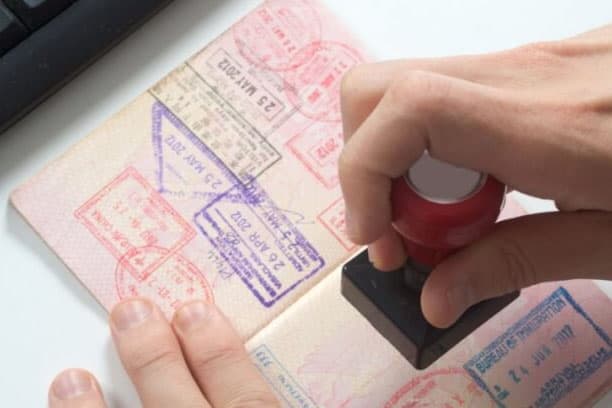Thai immigration laws

Thai immigration laws govern the entry, stay, and departure of foreign individuals in Thailand. These laws are primarily regulated by the Immigration Act of 1979 and its subsequent amendments, along with related regulations and policies.
Key aspects of Thai immigration laws include:
Visa categories: Thai immigration laws provide various visa categories for different purposes, including tourist visas, work visas, business visas, retirement visas, and education visas. Each visa category has specific requirements and conditions.
Entry requirements: Foreign visitors entering Thailand must possess a valid passport with a minimum validity of six months, along with an appropriate visa or visa exemption. Certain nationalities are eligible for visa-free entry for a limited period.
Visa extensions: If individuals wish to extend their stay in Thailand, they can apply for visa extensions at local immigration offices. Requirements and procedures vary depending on the visa category.
Work permits: Foreigners seeking employment in Thailand must obtain a work permit. Work permits are issued by the Department of Employment and require sponsorship from a Thai employer. They are subject to specific criteria, such as educational qualifications and job market conditions.
Permanent residency: Foreign individuals who meet specific criteria, such as long-term residency, employment, investment, or family ties to Thai nationals, may be eligible to apply for permanent residency in Thailand.
Overstay penalties: Violations of Thai immigration laws, such as overstaying a visa, can result in fines, detention, and potential bans on re-entry into the country.
It is important for foreign individuals to understand and comply with Thai immigration laws to ensure lawful entry and stay in Thailand. Consulting with immigration professionals or legal experts can provide valuable guidance and assistance in navigating the immigration process.
Certainly! Here are some examples of Thai immigration laws:
Immigration Act: The Immigration Act is the primary legislation governing immigration matters in Thailand. It outlines the entry and exit requirements for foreigners, visa categories, visa extensions, visa waivers, and visa-free entry provisions. The law also covers rules regarding work permits, residence permits, and deportation procedures.
Visa Categories: Thailand offers various types of visas for different purposes. Some common visa categories include Tourist Visa, Non-Immigrant Visa (such as Business Visa, Education Visa, Retirement Visa), and Thai Elite Visa. Each visa category has specific requirements, limitations, and conditions.
Visa Extensions: Foreigners in Thailand may apply for visa extensions to extend their stay beyond the initial visa period. The Immigration Act and related regulations provide guidelines for the application process, required documents, and fees for visa extensions.
Work Permits: Foreigners who wish to work in Thailand generally need to obtain a work permit. The law stipulates the procedures, eligibility criteria, and documentation requirements for work permit applications. Work permits are typically obtained in conjunction with a Non-Immigrant Visa (B) for employment purposes.
Permanent Residence: Foreigners who meet certain criteria may be eligible to apply for Permanent Residence in Thailand. The law sets out the eligibility requirements, such as minimum investment amounts, work experience, or family relationships with Thai nationals. Permanent Residence grants long-term stay privileges and certain rights in Thailand


Overstay Penalties: Overstaying in Thailand beyond the authorized period can result in penalties and potential immigration-related issues. The law specifies the penalties for overstaying, which may include fines, bans on re-entry, and other legal consequences.
Border Control and Entry Restrictions: The Thai government has the authority to impose entry restrictions or special requirements during times of emergency or for security reasons. Such measures may include visa suspensions, travel bans, health checks, or quarantine requirements.
It’s important to note that Thai immigration laws are subject to change, and it is advisable to consult with Thai immigration authorities or legal professionals for the most accurate and up-to-date information regarding specific immigration matters in Thailand.
“We are dedicated lawyers catering to international investors. We establish businesses tailored to clients’ needs, handle tax planning and compliance, and specialize in finance, accounting, construction, import/export, and international law.”
Contact Us now: +666 2879 5414 | +6669 2889 3978
Email: contact@thailawfirm.net
Copyright © [2023] [SBM GROUPS] | Powered by [SBMS GROUPS COMPANY LIMITED]
